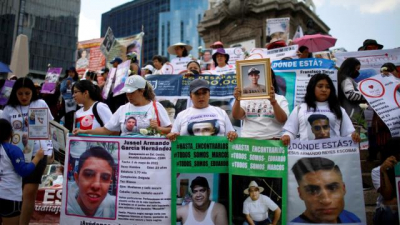Mississippi Senate's Medicaid Compromise: Navigating the Hardline Work Requirement
In the intricate web of Medicaid negotiations in Mississippi, the recent compromise proposed by the Senate casts a spotlight on the persistent...
The inclusion of a hardline work requirement in the Senate's proposal reflects a broader national discourse on the intersection of healthcare access and workforce participation. While proponents argue that such mandates incentivize self-sufficiency and fiscal responsibility, critics warn of the adverse effects on vulnerable populations, particularly in states with limited employment opportunities.
Delving into the nuances of this compromise, it becomes evident that the Senate seeks to strike a delicate balance between fiscal prudence and social welfare. By mandating work or community engagement as a condition for Medicaid eligibility, policymakers aim to promote individual responsibility while curtailing program costs. However, the practical implementation of such requirements raises questions regarding accessibility and equity, especially for marginalized communities disproportionately affected by economic disparities.
Drawing from my extensive experience covering healthcare policy, I scrutinize the potential ramifications of this compromise on Mississippi's healthcare landscape. Historically plagued by disparities in access and outcomes, the state stands at a critical juncture where policy decisions wield profound implications for its most vulnerable residents.
Furthermore, this compromise underscores the intricate interplay between state autonomy and federal oversight in shaping Medicaid policy. While states possess the latitude to design eligibility criteria tailored to their unique socioeconomic landscapes, they remain subject to federal guidelines mandating core program objectives. Thus, the Senate's proposal reflects not only local priorities but also federal imperatives aimed at fostering accountability and efficiency within Medicaid.
As I reflect on a decade of reporting on healthcare policy, it is evident that the Medicaid debate transcends mere fiscal considerations; it embodies a broader ideological struggle over the role of government in addressing societal inequities. In dissecting the Mississippi Senate's compromise, I endeavor to provide readers with a nuanced understanding of the complex dynamics at play and the enduring implications for healthcare access in the Magnolia State.
As Mississippi navigates the turbulent waters of healthcare policy, the Senate's Medicaid compromise emerges as a pivotal juncture in the state's quest for equitable access and fiscal responsibility. While the inclusion of a hardline work requirement signals a commitment to promoting individual accountability, its implementation poses formidable challenges in ensuring accessibility and fairness, particularly for marginalized populations.
Drawing from a decade of journalistic insight, it is clear that the Medicaid debate transcends mere policy prescriptions; it embodies a profound ideological struggle over the role of government in fostering societal well-being. Mississippi's journey toward healthcare reform demands a delicate balance between pragmatism and compassion, where policy decisions must reconcile fiscal imperatives with the imperative to safeguard the health and dignity of all citizens.
As policymakers, advocates, and citizens alike grapple with the implications of the Senate's proposal, it is imperative to remain vigilant in scrutinizing its effects on the ground. Only through ongoing dialogue, collaboration, and a steadfast commitment to equity can Mississippi forge a path toward a healthcare system that truly serves the needs of all its residents.
In the crucible of healthcare reform, Mississippi stands at a crossroads, where the choices made today will reverberate for generations to come. As the state charts its course forward, may it do so with a keen awareness of the complexities at play and an unwavering dedication to the principle that healthcare is not merely a privilege but a fundamental human right.






